1. “Bohemian Rhapsody” – Queen
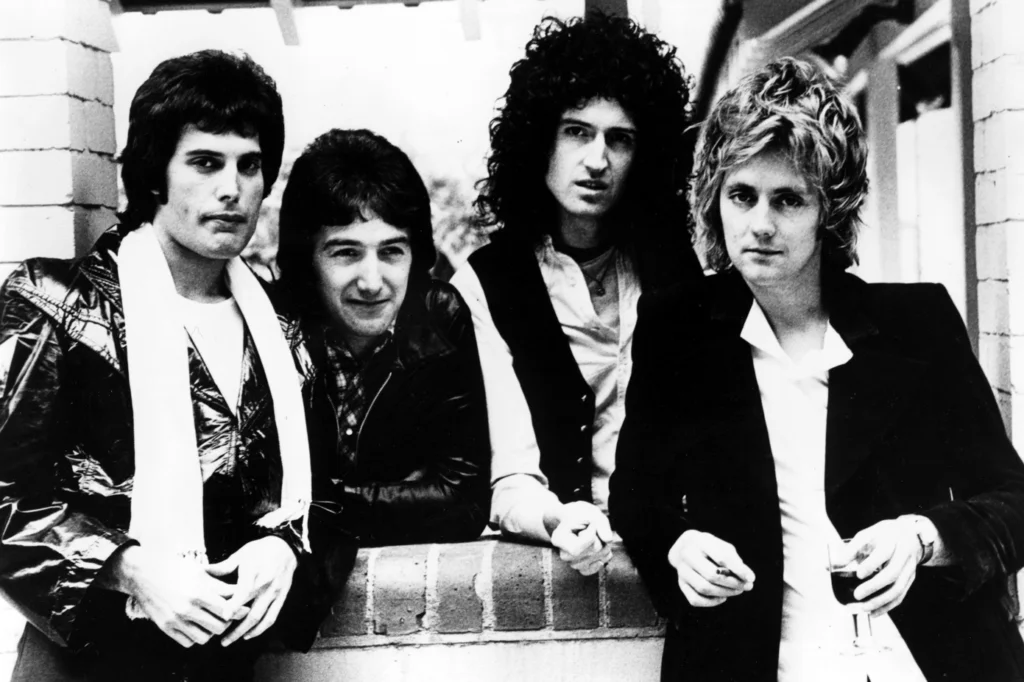
When Queen released “Bohemian Rhapsody” in 1975, no one really knew what to make of it. Was it opera? Rock? A ballad? It was all of those at once, and that’s what made it groundbreaking. At nearly six minutes long, the song broke the radio-friendly formula of the time, but fans couldn’t get enough of it. Freddie Mercury’s theatrical delivery, combined with the band’s layered harmonies, gave the world something it had never heard before.
The song wasn’t just about pushing musical boundaries, it changed how people thought about what a rock single could be. Its success proved that experimentation could pay off, and it set a new standard for ambition in popular music. Even now, it’s one of the most instantly recognizable songs ever recorded.
2. “Anarchy in the U.K.” – Sex Pistols
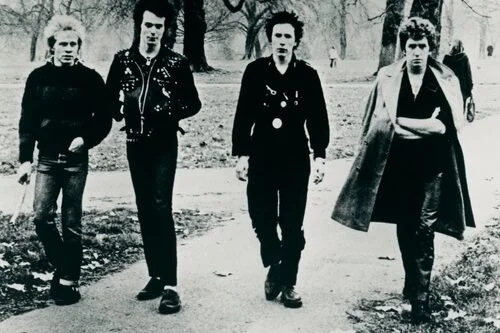
When the Sex Pistols burst onto the scene in 1976, punk rock became impossible to ignore. “Anarchy in the U.K.” was loud, raw, and sneering, the complete opposite of polished rock at the time. Johnny Rotten’s aggressive vocals shocked listeners, while the band’s fast-paced playing stripped rock back to its basics.
This wasn’t about technical skill, it was about energy and rebellion. The Pistols didn’t just sing about anarchy, they embodied it in every chaotic performance. The song opened the door for punk to explode worldwide, showing that music could be messy, angry, and still meaningful.
3. “Superstition” – Stevie Wonder
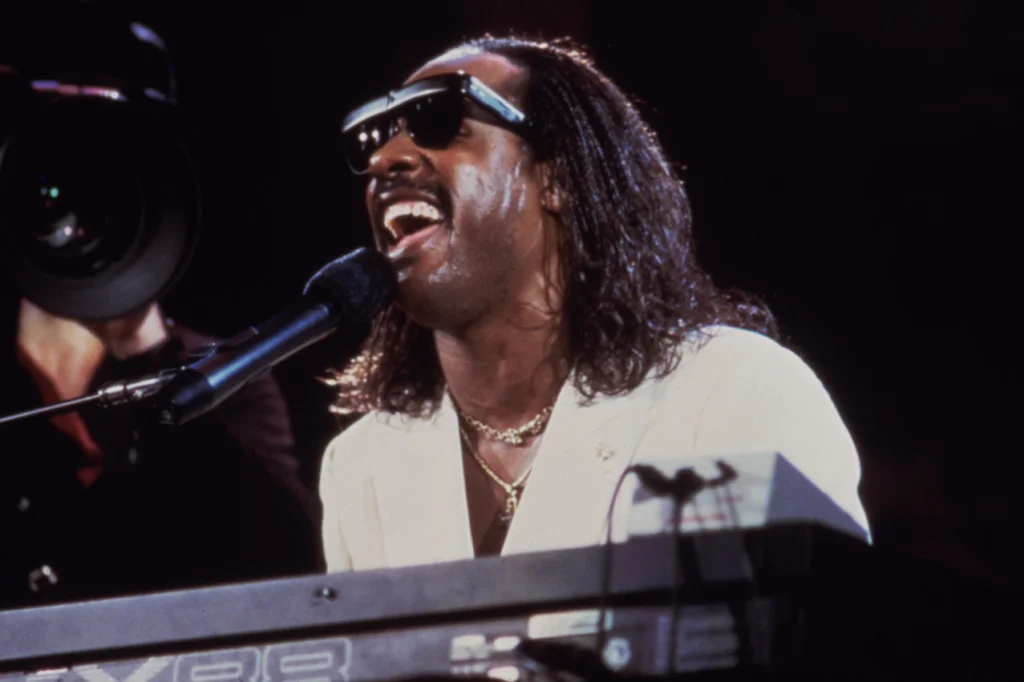
In 1972, Stevie Wonder took funk and soul to new heights with “Superstition.” The track’s distinctive clavinet riff is instantly recognizable and still one of the coolest grooves ever recorded. Instead of sticking to the Motown formula that had made him famous, Stevie reinvented himself and pushed his sound into new territory.
The song showed how funk could be just as innovative as rock and pop. With its layered rhythms and social edge, it influenced everyone from rock bands to future hip-hop artists. Wonder proved that mainstream hits didn’t have to play it safe, they could groove hard and still be thought-provoking.
4. “Hotel California” – Eagles
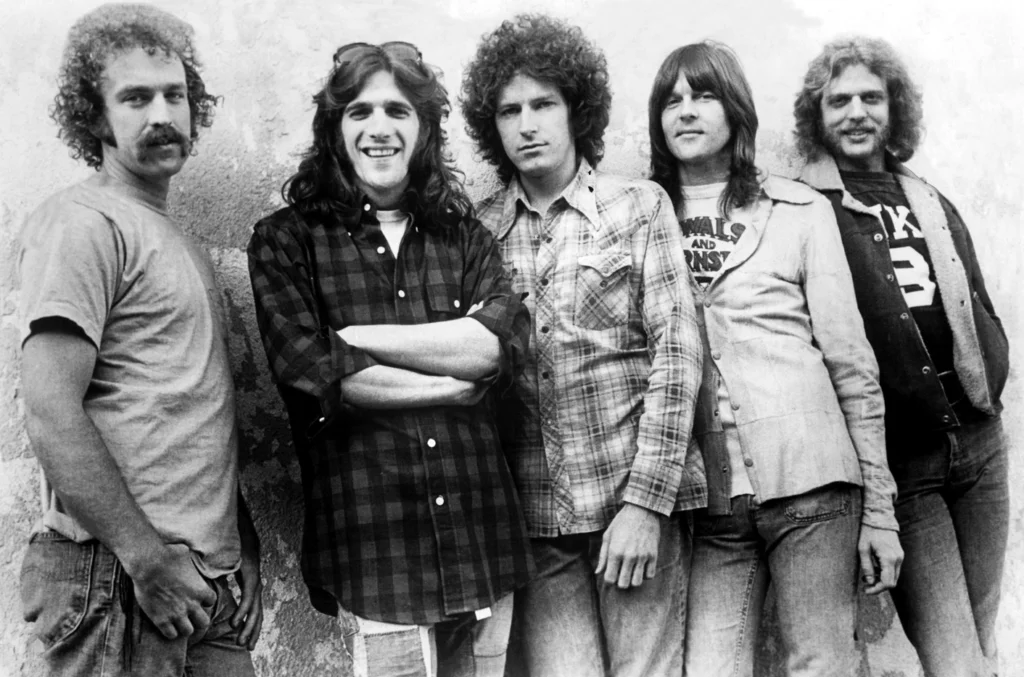
The Eagles’ “Hotel California” in 1976 felt like a haunting story set to music. Its surreal lyrics about excess and entrapment made people stop and think, while the twin guitar solo at the end became legendary. The band wasn’t afraid to move beyond simple love songs into something more complex and unsettling.
This track marked a turning point for rock, blending storytelling with a polished yet eerie atmosphere. It’s the kind of song that lingers in your mind long after it ends. By breaking from the norm, the Eagles proved that mainstream rock could also carry mystery and darkness.
5. “Stayin’ Alive” – Bee Gees
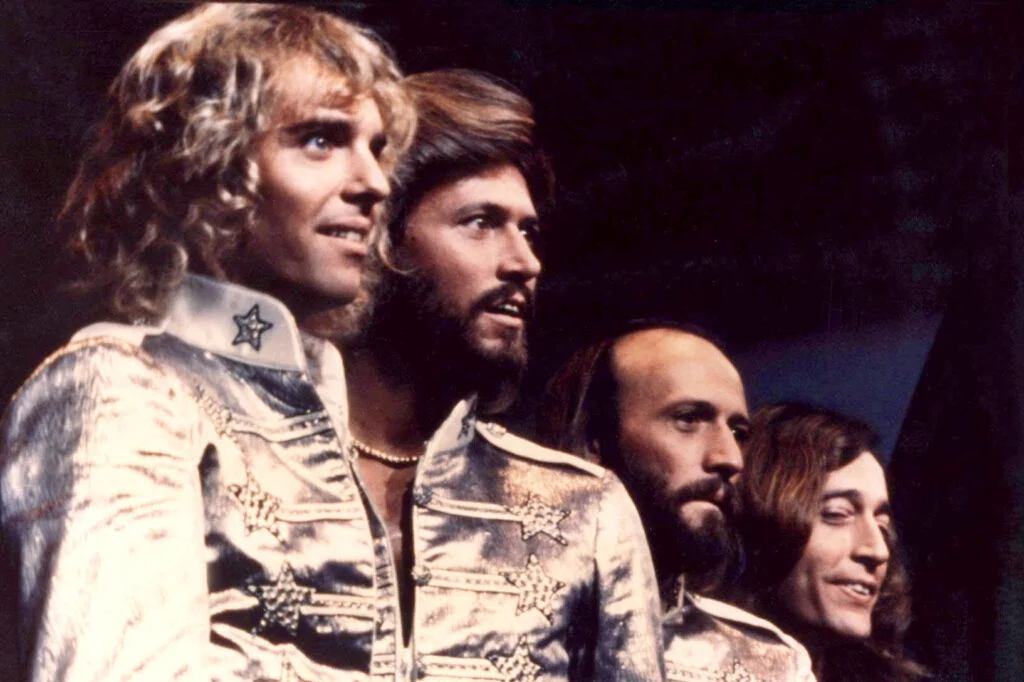
The Bee Gees didn’t just write a disco hit with “Stayin’ Alive” in 1977, they created an anthem. With its pounding beat and falsetto vocals, the song captured the energy of a cultural movement. It wasn’t just for the dance floor—it became a soundtrack for a whole decade.
What made it rule-breaking was how boldly it embraced disco at a time when rock still dominated. The Bee Gees leaned into their high voices and made them iconic. The song became so influential that it’s used even today in CPR training, proving its pulse is still strong.
6. “American Pie” – Don McLean
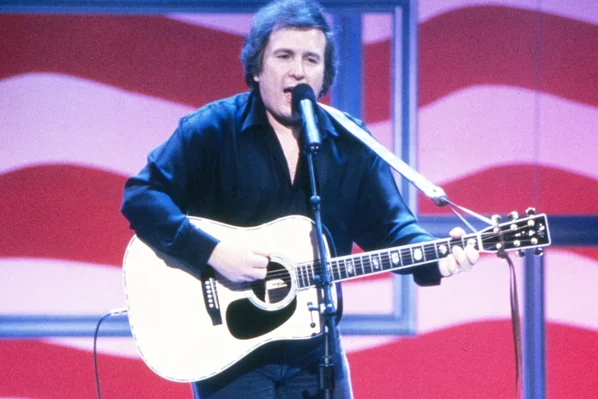
At more than eight minutes, “American Pie” wasn’t supposed to be a hit. Yet in 1971, Don McLean’s nostalgic and cryptic anthem became one of the most beloved songs of the decade. It broke the mold of short, radio-friendly singles by telling a sprawling, poetic story.
The song also redefined how pop music could reflect history. Its references to “the day the music died” and shifting cultural tides turned it into a commentary on America itself. McLean showed that a pop song could be both catchy and literary, cementing its place as a timeless classic.
7. “I Will Survive” – Gloria Gaynor

Gloria Gaynor’s “I Will Survive” wasn’t just a disco hit—it became a survival anthem. Released in 1978, the song was bold in its message of independence and resilience, especially for women leaving unhealthy relationships. Its driving beat made it perfect for dancing, but its lyrics gave it a deeper meaning.
At the time, most disco tracks weren’t known for empowering messages, yet this one turned into a movement. Gaynor’s powerful vocals gave it an almost gospel-like force. Decades later, it’s still sung at parties, karaoke bars, and even pride parades, proving how rule-breaking songs can live forever.
8. “Smoke on the Water” – Deep Purple
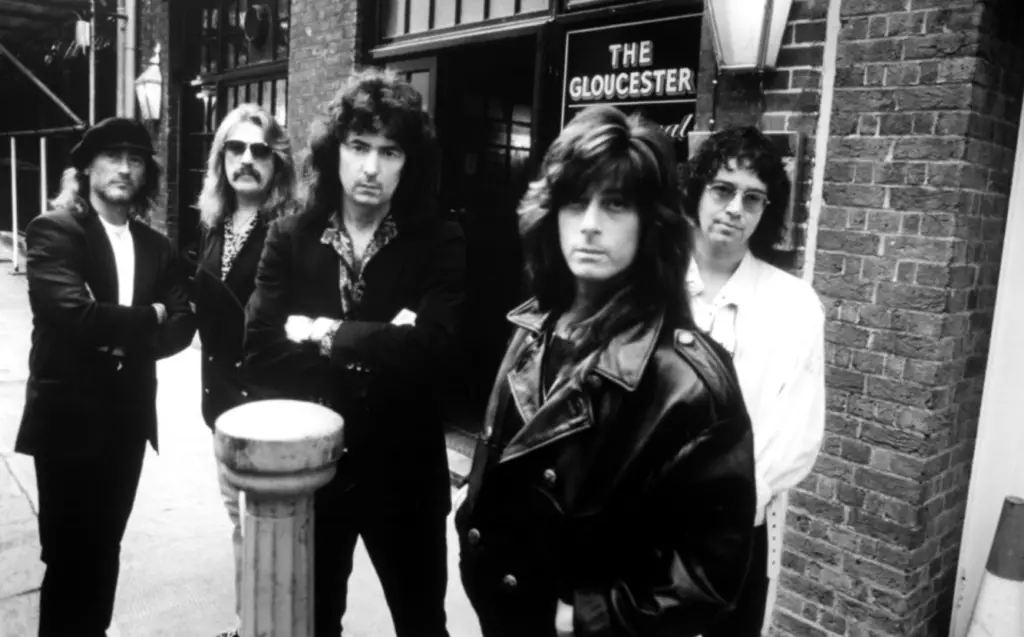
Released in 1972, “Smoke on the Water” gave us one of the most famous guitar riffs in rock history. What broke the rules was its simplicity—just four notes, but played with such power that it became unforgettable. The song told the story of a fire at a casino in Switzerland, blending real-life events with hard rock energy.
The band proved that sometimes less is more. You didn’t need complicated arrangements to create something epic, just the right riff and the right groove. It influenced countless guitar players and cemented Deep Purple’s place in rock history.
9. “Rapper’s Delight” – The Sugarhill Gang
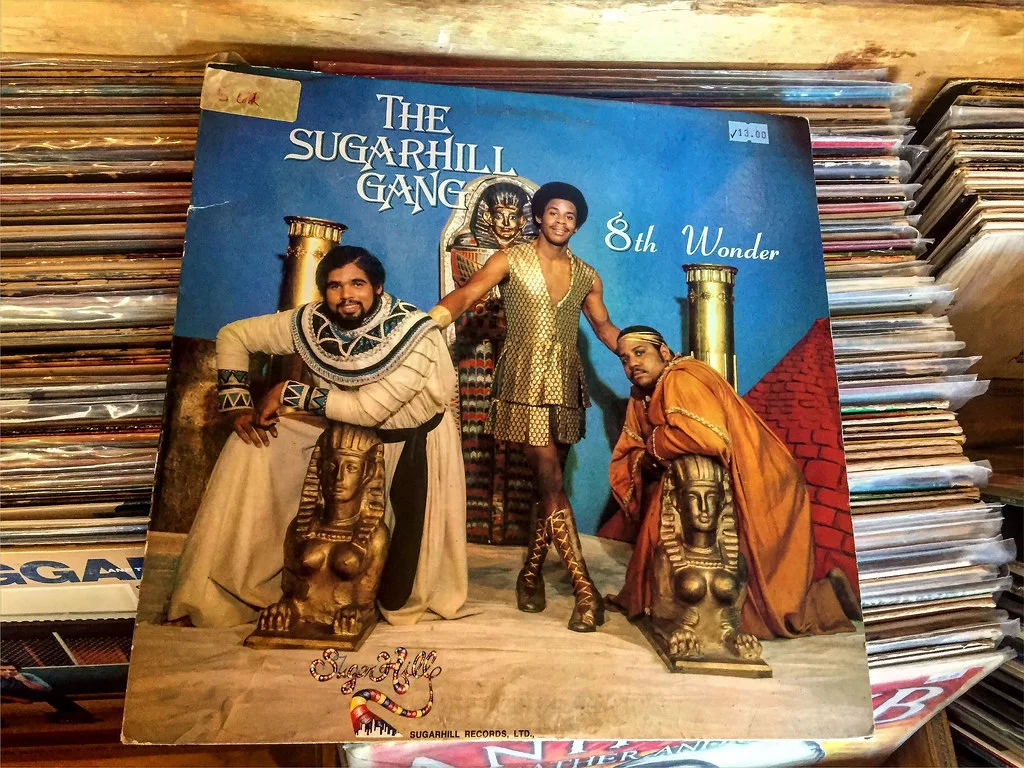
In 1979, “Rapper’s Delight” changed music forever by bringing rap into the mainstream. Before this, hip-hop was mostly an underground movement in New York. The Sugarhill Gang’s playful rhymes and funky bassline made it accessible to everyone.
Though it wasn’t the very first rap song, it was the first big hit, and that made all the difference. It showed that rap could sell records and connect with a wide audience. Without it, hip-hop’s journey to becoming the most dominant genre in the world might have looked very different.
10. “Imagine” – John Lennon
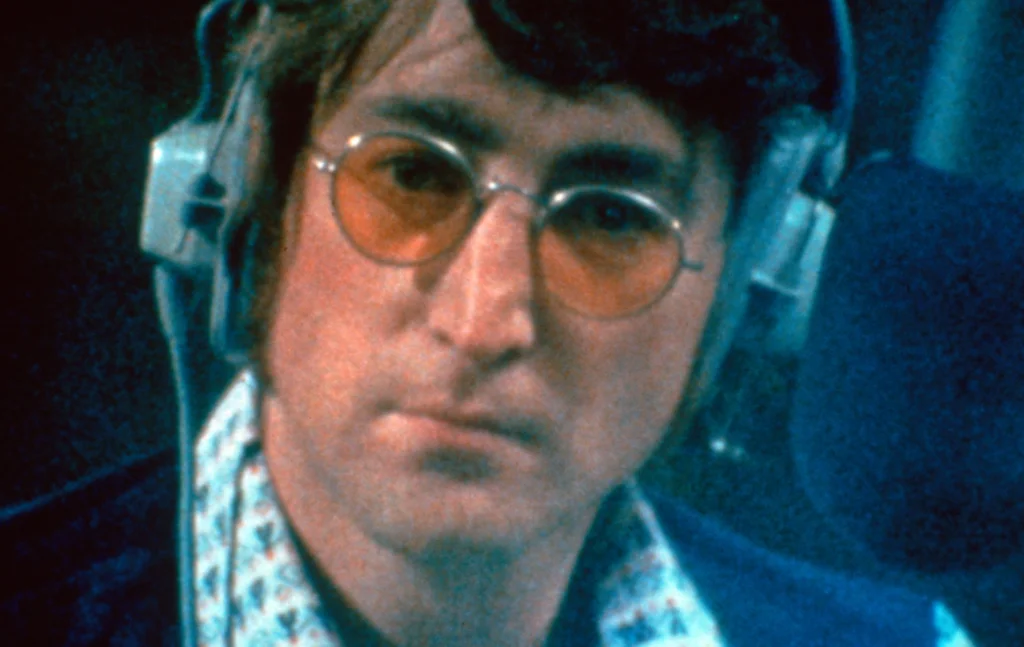
John Lennon’s “Imagine” in 1971 broke the mold by stripping everything down. Instead of flashy production, it leaned on simple piano chords and heartfelt lyrics about peace. The song wasn’t afraid to dream big, asking listeners to picture a world without war, greed, or borders.
It pushed against the norm of pop music being mainly about romance or fun. Lennon’s message was radical but delivered in such a gentle way that it became universal. It showed that music could be both intimate and revolutionary.
11. “Walk on the Wild Side” – Lou Reed
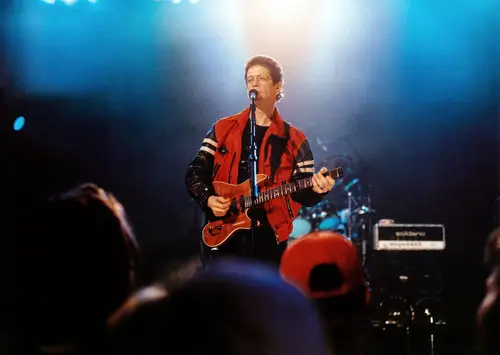
When Lou Reed released “Walk on the Wild Side” in 1972, it shocked and fascinated audiences. The song openly referenced trans people, sex work, and drugs, topics that were taboo in mainstream music. Its cool, laid-back groove made the controversial lyrics even more striking.
By putting marginalized voices into a pop song, Reed broke boundaries of representation. He gave a platform to people rarely acknowledged in popular culture. The song proved that music could challenge norms while still being irresistibly listenable.
12. “Go Your Own Way” – Fleetwood Mac
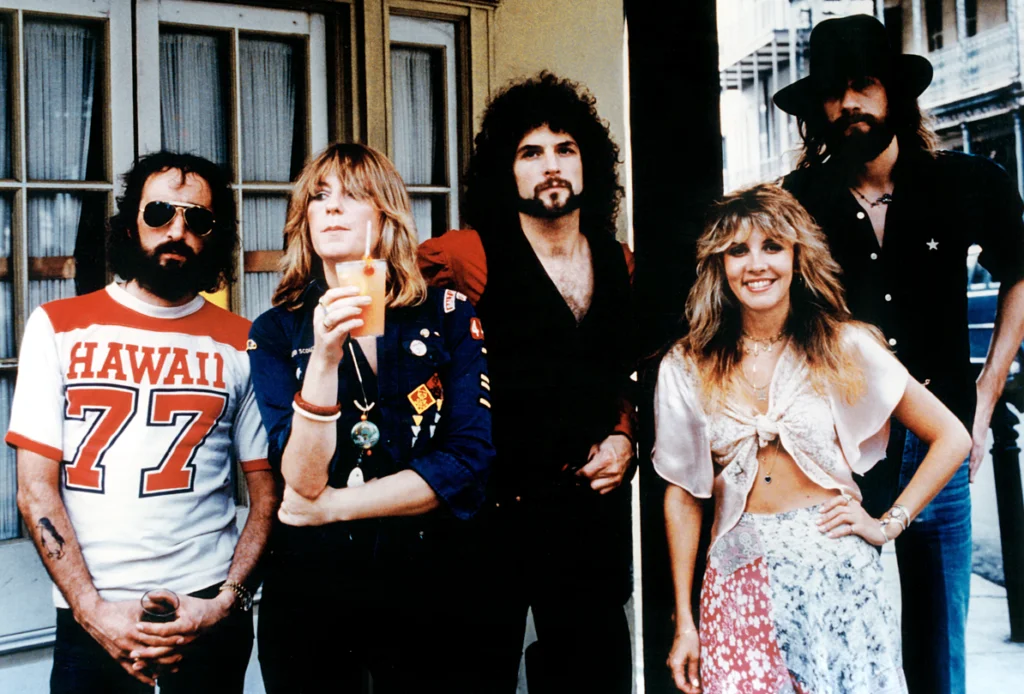
Fleetwood Mac’s “Go Your Own Way” in 1976 captured raw emotion in a way that felt almost too real. Lindsey Buckingham’s biting lyrics about his breakup with Stevie Nicks were paired with soaring harmonies and driving guitars. It wasn’t polished sentiment—it was heartbreak in all its messy glory.
What made it revolutionary was the honesty. Pop songs had always dealt with love, but this one bared the pain and anger in a way that was almost uncomfortable. Fans connected to that vulnerability, and the song became one of Fleetwood Mac’s defining tracks.
13. “Paranoid” – Black Sabbath
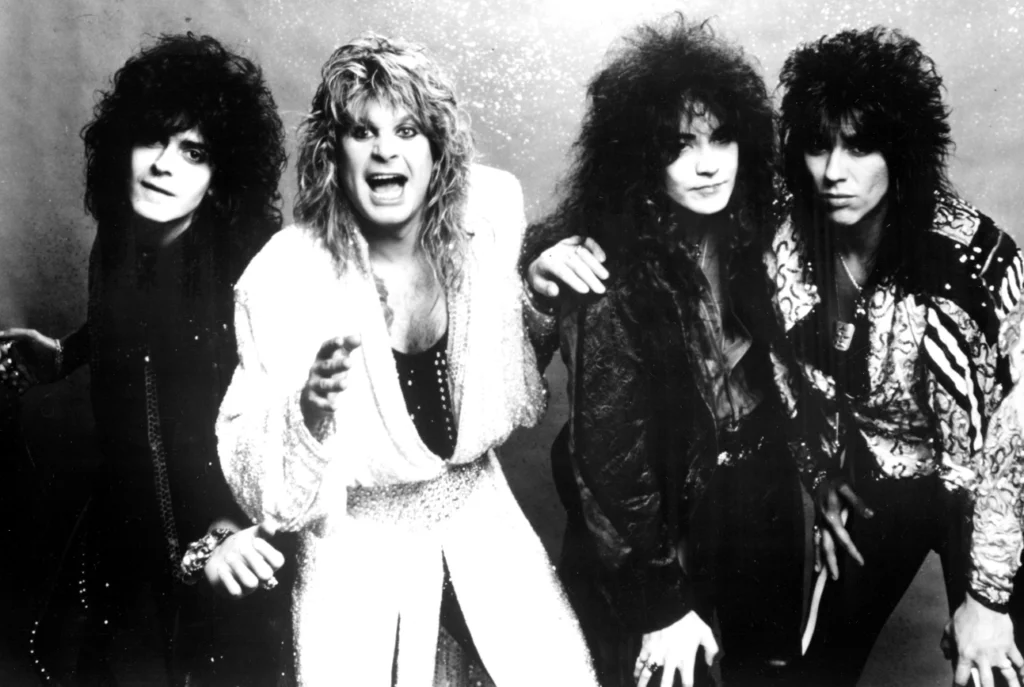
Black Sabbath’s “Paranoid” in 1970 practically invented heavy metal. It was fast, dark, and full of riffs that sounded like thunder. At just under three minutes, it cut straight to the point, delivering intensity without filler.
The band broke rules by embracing themes of fear and madness, things most pop music avoided. Instead of shying away from the darkness, they leaned into it. The song opened the door for a whole new genre that would dominate in the decades to come.
14. “Le Freak” – Chic
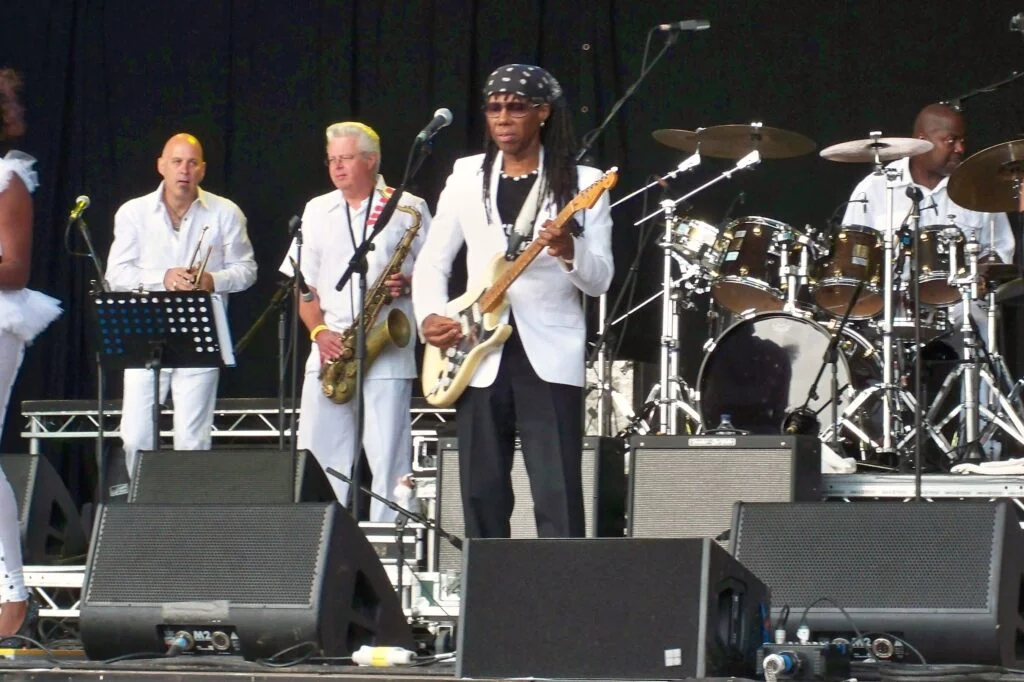
When Chic dropped “Le Freak” in 1978, it turned disco on its head. With its funky guitar riff and infectious chorus, it made dance music feel fresh and exciting again. The song actually came out of frustration—written after the band was denied entry to Studio 54, it turned rejection into celebration.
The track showed how disco could be smart and stylish while still being fun. Its groove became one of the most sampled in music history, influencing not just dance but hip-hop and pop for years after. Chic’s anthem proved that sometimes frustration makes the best art.
15. “No Woman, No Cry” – Bob Marley and the Wailers
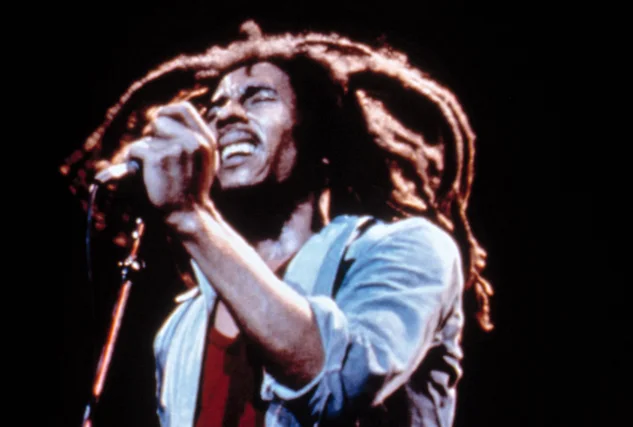
Bob Marley brought reggae to the world, and “No Woman, No Cry” was one of the songs that carried it. Released in 1974, it mixed soulful storytelling with a rhythm that was gentle but powerful. Marley’s words spoke of struggle but also of hope and resilience.
The song broke the rules by crossing over to global audiences while staying true to its Jamaican roots. It wasn’t just entertainment, it was a message. Marley proved that music from a small island could inspire millions around the world.
16. “Dream On” – Aerosmith
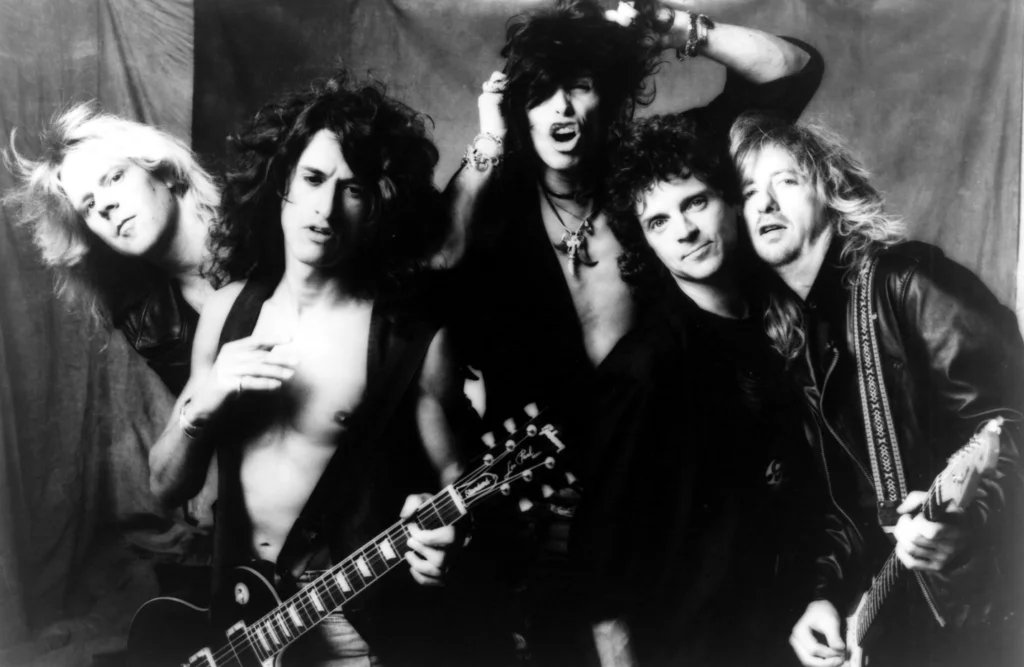
Before Aerosmith became stadium rock icons, they took a big risk with “Dream On” in 1973. Unlike typical hard rock songs of the time, it was a power ballad full of emotion. Steven Tyler’s vocals built from soft and reflective to soaring and intense, creating a dramatic arc that was unusual for the genre.
What made it rule-breaking was that it blended vulnerability with power. Instead of just rocking out, the band invited listeners into a personal journey. It became their first big hit and paved the way for countless other power ballads in rock history.


